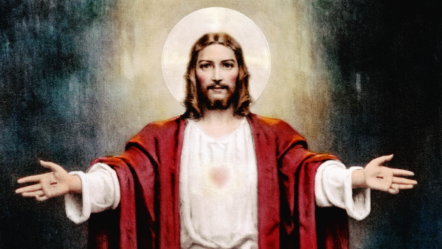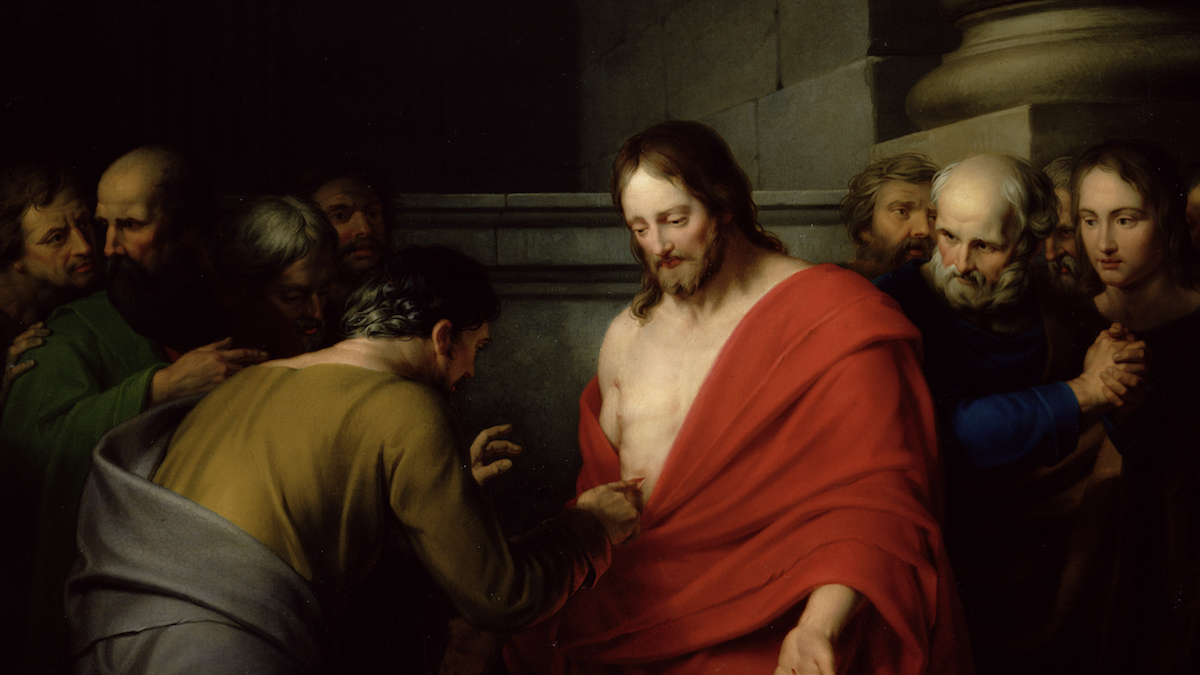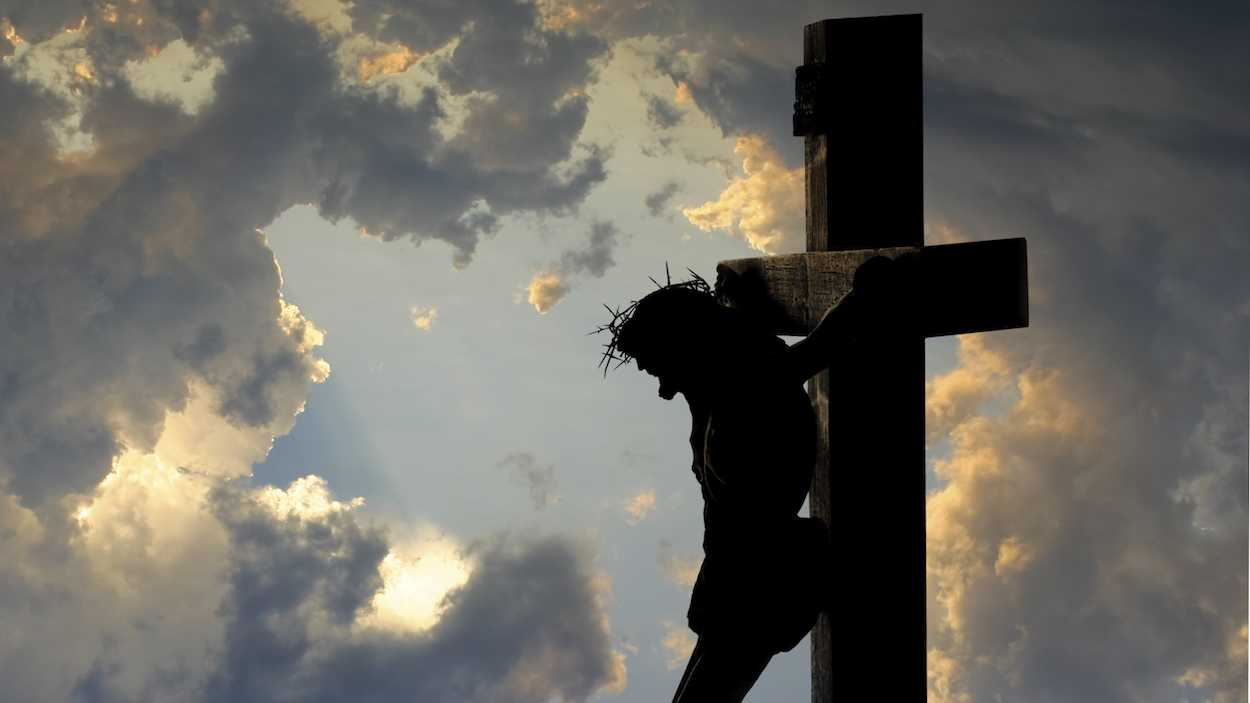I just made a huge dent in my Christmas card list with still a week to go. In Georgia, I have not seen any Christmas cards, even the secular ones for sale. I tried to buy Christmas stamps at the local Post Office and they were out of them, even the Madonna and Child, who have graced my envelopes for years.
So I have been forced to dig out all my survivors from many Christmas pasts. I had a good quantity of a smallish nativity scene, which I used mostly for family. As I was scribbling some good wishes at the bottom of each card, my attention was drawn to the word, Peace. Since so many people pray and wish for it, I started wondering why the world has been dominated by warfare predating man’s recorded history.
My inspiration for this essay was actually the polar opposite of Peace, and that is WAR. Metaphorically at least, War and Peace are blood brothers because they have been intimately connected throughout history and literature since the one is the negation of the other.
I have frequently referenced Bishop Fulton J. Sheen’s use of historian Arnold Toynbee’s axiom that in all of world history, mankind has enjoyed fewer than 30 years of universal peace. During my lifetime of four score, the prevalence of war makes me doubt that the world even had that many.
In the 1950s, I remember reading an edition of Mad Magazine, the crazy, satirical publication, which is still being produced. This issue featured a spoof on what they called The Peace Games. Similar to the Olympics, athletes from the two great powers met on the sports fields to play for peace. After all the blood, sweat and tears had been shed, the world title hinged on one last event. I think it was a game of hopscotch. I believe the winner was declared on a line technicality or something like that.
Consequently, the two coaches started arguing. Then the teams stood menacingly opposite each other. Violence broke out all over the peace fields. Each country recalled their respective legations. Then their leaders yelled…you know what this means! Yes, WAR! This zany feature underscored the main reason that people can’t get along. There is something dark and dangerous in most human beings.
I think the writers use of Angels with Filthy Souls in the context of the Christmas classic Home Alone and author Michael Shaara’s Killer Angels, were onto something about man’s human nature; one may call it a genetic disease that we inherited from our first parents in the Garden of Eden. G. K. Chesterton opined nearly a century ago that the only teaching of the Catholic Church that could be easily proven was man’s original sin. Just read a daily newspaper…or I would add a history book.
Warfare, its battles, causes and aftermath have dominated history books for millennia. I found a list that I am sure was incomplete. It started with the Trojan Wars with Greece in 1300 BC and worked its way through many following conflicts, including the Punic Wars, a millennium later. After another 1300 years, the Norman conquests took place. Europe’s 100 years’ war and several shorter ones dominated the next several centuries, until the Seven Years’ War, a world event that was better known as the French and Indian War in its North American colonies. From there, history witnessed the rapid spread of revolutionary fever that began in Philadelphia, emigrated to Paris and then dominated every European capital until the fall of the Czar in 1917.
As the policeman of the world and the chief exporter of Democracy, the United States, proved that it had not learned anything from its long war in Vietnam as it engaged in decade-long wars in Afghanistan and Iraq. Since then, with wars in Ukraine, Gaza and potential conflicts in South Korea, Japan and Taiwan, the world stage has sensed a potential global war and maybe even a nuclear holocaust on its horizons. Some of this can be laid on the doorsteps of the weak and ineffectual Biden administration,
Each generation has its own war. My maternal grandfather lost most of his hearing in the navy during the Spanish-American War. My late wife Judy’s family had a good friend, named P.I. He had served with the infantry in the first world war. I was told that he had seen action in the biggest battles where Americans had fought, such as Beulieu Wood and the Marne, two of the bloodiest engagements in the Great War. He would never talk about his war experiences. Well into his 80’s, when P. I. would visit, he spent his time rocking away on their porch, staring off in space.
My father was just 20 when America entered that war but he never served. I can only guess that he had a very high draft number. My mother once told me that for World War II, he had considered joining the Medical Corps since he was a registered physician but either his age, 44, or more likely my mother mitigated against that.
Her brother Al had served for four years in the Asian Theater. Since he was in the Signal Corps, I erroneously assumed he was not in harm’s way. When my mother developed extreme dementia, he was a great help to me in taking care of my parents until we moved them to St. Louis. He also did not like to talk about the war. He did share a story that his unit was under assault and he had to spent three weeks in a fox hole, not knowing if he would be alive when the sun rose. And when it did, the fields in front of him were littered with the bodies of Japanese soldiers.
One time he said that some of our soldiers had a prisoner that they beat and finally shot to death. In the months before Uncle Al died in a nursing home, I was told he had become very belligerent and had to be restrained. Apparently, he was having terrible flash backs and felt he was back in the Pacific, fighting for his life again.
My generation’s war was Vietnam. As I related in a past essay, four years of Junior ROTC in high school had taught me I had two left feet and would have been out of place in this jungle war. My teaching position and the birth of my first child made this a moot question. While I had registered for the draft in 1961, I was never classified 1-A and they never called me in for a physical.
While I never opposed the war and was proud of the members of my class who had served, I have no regrets of not having gone over there. After the war escalated, I learned the government was trying to wage it from their desks in Washington, while thousands of our young men served as cannon fodder for a war no one really understood. I have visited the long black wall in Washington and have found the names of my two classmates who perished in helicopters. After seeing their names, I felt, not only a sense of loss, but also one of relief. I think it a fact that our government has had an unwitting fascination with entrenching the country in a quagmire of war without any idea of how to win. This near defeatist notion has plagued our military since Korea. I wanted no part of their waste of American lives, especially mine.
I have previously touched on my addiction to war movies since my father took me to see John Wayne in the Sands of Iwo Jima in 1951, when I was eight years old. Since I never did experience the violence, chaos and bloodshed of real combat, war films have provided me with a vicarious experience that graphically dramatized the troops’ raw fear and visceral reactions to warfare. Despite this I am amazed at how many soldiers valiantly do their duty in the face of the imminent death that so many American soldiers have suffered in our wars.
I have noticed that their production has gotten more realistic in the last two decades. Directors Sam Peckinpah and Quentin Tarantino’s dual penchant for blood and gore seems to have influenced many recent war movies, such as Saving Private Ryan and the more recent Hacksaw Ridge.
I took my late wife, Judy to the first one. During the initial assault on Normandy Beach, the bloodshed, dismemberments and disembowelments were so explicit, I peeked over to her on my right and she was curled up in the fetal position. For a split second, I thought this movie was so realistic that they were using live ammunition on the audience and she had been hit by a stray round. Watching such films were about as close as I have ever wanted to be to an active battlefield. Civil War General William Tecumseh Sherman was absolutely right when he said …war is hell.
Pacifists seldom help the cause for real and lasting peace because most of them are idealists who understand peace only as an abstraction. The same is true for a subset of pacifism and that is those who want America to nuclear disarm without any real commitments from our nuclear enemies. The same also applies for those who clamor for negotiations when the war that is existential for one side is far from over. They are lambs with the hearts of wolves.
Right now all the branches of service in this country have dismally failed to reach their quotas and that is with having already lowered their standards. Our active-duty troop levels are at their lowest point since 1940. This is a stark warning that if serious hostilities were to break out, the US would not be able to handle a long commitment.
Pope Francis thinks it is time for us to rethink the just war theory of St. Augustine. While the pope does accept the saint’s basic premises of both the moral right to self-defense, as well as its moral conduct, he also holds that even the possessions of nuclear weapons is immoral. To me this exposes his complete lack of understanding of history and also human nature.
Personally, I believe that once Russia stole America’s nuclear secrets, the fact of mutual nuclear destruction (MAD) prevented a radioactive war for many generations. Had America not forced Ukraine to surrender its arsenal of nuclear weapons in 1991, Russia might have given much more thought to its invasions of the country’s sovereign territory. He also said that war is essentially a lack of dialogue. How is Israel to dialogue with Hamas, who vows to kill every Jew in the world? How can Ukraine dialogue with a country that wants to destroy its freedom and control all of its land?
There are many causes for war and none have anything to do with a lack a dialogue. Nations often go to war because they covet another country’s land, natural resources or monetary wealth. A nation that has been conquered seldom has any freedom. It is a given in history that conquered nations or tribes often become slaves to their invaders’ military and colonial masters. This has been the history of the world in a very small nutshell. The pope’s words will hopefully fall on deaf ears as they do not reflect the reality of the world.
God gave all men and women a free will. Conversely, there is no free will without the freedom to practice it. Karl Marx was only half right when he wrote in his Manifesto that …all the world was in chains…when in reality it became more of a promise as to what his plan for a communist transformation of the world would look like.
Then there is the popular unrest felt by so many millions about the Woke ideas that have been poisoning the wells of their cultures. On the surface this is a bloodless war, unless one counts the blood of 64 million unborn children. This culture war revolves around the universal attack on the moral staples of any viable culture, namely its families, schools, sexual mores and political systems.
This is also a war on standards of thinking, speech and behavior. It is essentially a psychological warfare or war by other means. Destroy the culture and centralize power and people will extend their wrists for the chains that really bind. Marx was just the first of many cultural warriors who included Sigmund Freud, Antonio Gramsci, Alfred Kinsey, Margaret Sanger, Hugh Hefner and many others.
So what about peace? Will it ever be possible or are people wasting their breath with pious statements, such as if there will be peace, let it begin with me. The UN has been around since 1945 without any tangible results. There is one way but it will take a long time for the world to realize and even longer to establish it. Bishop Fulton J. Sheen knew exactly how the world could achieve peace. And he did not mean, dialogues, cease fires or negotiations.
For there to be any sort of world peace, people everywhere will have to have a change of heart and achieve inner peace. This is what the candidate for Sainthood called, Peace of Soul, the title of one of his most perceptive books. When people and nations at-large, can change the way they look at their geopolitical place in the world, accept the true God in their lives and repent of their sinful behaviors, then at last there will be Peace on Earth. To me this is the universal message from the Prince of Peace, we celebrate every year.








